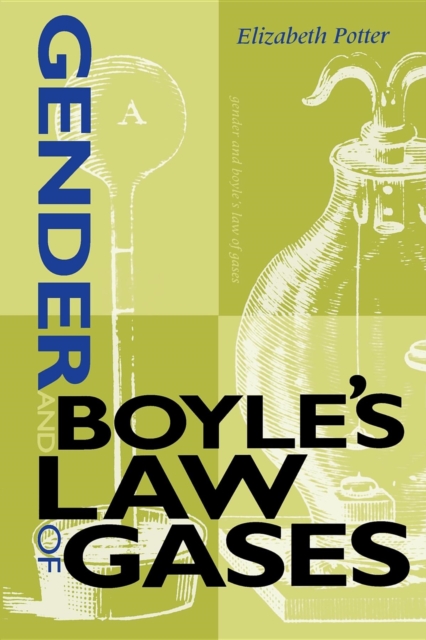
Gender and Boyle's Law of Gases Paperback / softback
by Elizabeth Potter
Paperback / softback
Description
Boyle's Law, which describes the relation between the pressure and volume of a gas, was worked out by Robert Boyle in the mid-1600s.
His experiments are still considered examples of good scientific work and continue to be studied along with their historical and intellectual contexts by philosophers, historians, and sociologists.
Now there is controversy over whether Boyle's work was based only on experimental evidence or whether it was influenced by the politics and religious controversies of the time, including especially class and gender politics. Elizabeth Potter argues that even good science is sometimes influenced by such issues, and she shows that the work leading to the Gas Law, while certainly based on physical evidence, was also shaped by class and gendered considerations.
At issue were two descriptions of nature, each supporting radically different visions of class and gender arrangements.
Boyle's Law rested on mechanistic principles, but Potter shows us an alternative law based on hylozooic principles (the belief that all matter is animated), whose adherents challenged social stability and the status quo in 17th-century England.
Information
-
Available to Order - This title is available to order, with delivery expected within 2 weeks
- Format:Paperback / softback
- Pages:224 pages, 5 figures, 1 index
- Publisher:Indiana University Press
- Publication Date:22/04/2001
- Category:
- ISBN:9780253214553
Information
-
Available to Order - This title is available to order, with delivery expected within 2 weeks
- Format:Paperback / softback
- Pages:224 pages, 5 figures, 1 index
- Publisher:Indiana University Press
- Publication Date:22/04/2001
- Category:
- ISBN:9780253214553






